Will EU sanctions force Putin to change tactics in Ukraine?
In Depth: EU votes to extend economic restrictions - but effectiveness is questioned
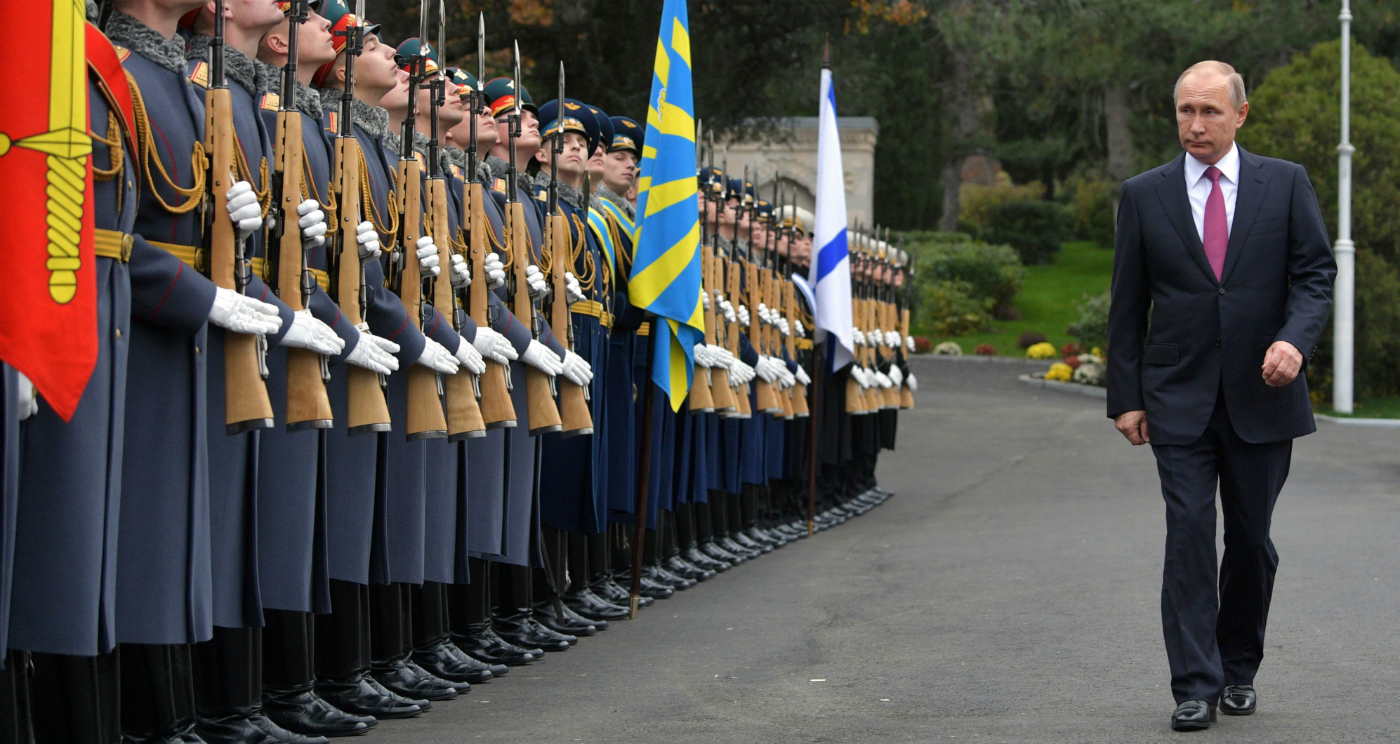
A free daily email with the biggest news stories of the day – and the best features from TheWeek.com
You are now subscribed
Your newsletter sign-up was successful
European Union leaders have extended economic sanctions against Russia until July 2018, in response to Moscow’s ongoing annexation of Ukraine’s peninsula of Crimea and support for eastern Ukraine separatists.
But has anything changed since EU sanctions were first imposed in 2014? And will further sanctions make any difference?
What is the Ukraine crisis?
The Week
Escape your echo chamber. Get the facts behind the news, plus analysis from multiple perspectives.

Sign up for The Week's Free Newsletters
From our morning news briefing to a weekly Good News Newsletter, get the best of The Week delivered directly to your inbox.
From our morning news briefing to a weekly Good News Newsletter, get the best of The Week delivered directly to your inbox.
In 2013, Ukraine appeared to be on the verge of signing a deal to deepen trade ties with the EU. However, then-president Viktor Yanukovych instead struck an agreement with Vladimir Putin for a Russian bailout. The agreement included $15bn in debt relief and a reduction in the price of Russian-supplied gas, The Guardian reported at the time.
Student protesters tried to force the Ukrainian president to sign the EU agreement, leading to the so-called Maidan Massacre in February 2014, when more than 50 protesters were shot dead by armed riot police in Kiev’s Maidan square, the BBC News website explains.
The killings fed the fury that led to the Revolution of Honour, the November uprising that saw the government overthrown and that sparked a counter-revolution in Ukraine’s eastern Donbas region. Seizing the opportunity presented by Ukraine’s instability, Putin annexed the former Soviet territory of Crimea. The Kremlin is also believed to have lent support to pro-separatist forces in eastern Ukraine.
According to The Guardian, “little green men” in military gear without any insignia “swarmed over the peninsula of Crimea”. Within days, Ukrainian troops were contained or won over. Yanukovych fled to Russia with the assistance of Putin and was replaced by pro-EU leader Petro Poroshenko.
A free daily email with the biggest news stories of the day – and the best features from TheWeek.com
Why were sanctions imposed and what do they involve?
The EU says that since March 2014, it has “progressively” imposed restrictions on Russia in response to the illegal annexation of Crimea and the “destabilisation” of Ukraine. These sanctions include diplomatic and economic measures, travel restrictions and the freezing of assets.
The EU teamed up with the US to roll out coordinated economic sanctions - primarily aimed at Russian financial, energy and defence industries, and at limiting Russian access to EU markets - after Malaysia Airlines Flight MH17 was shot down over Ukraine in July 2014, killing all 298 people on board, says Singapore’s Strait Times. The EU blamed the attack on pro-Russian rebels.
Which countries acted?
The European Council and the US said they would not recognise the annexation of Crimea. Then-US president Barack Obama called it “a clear violation of Russia’s commitment to respect the independence and sovereignty and borders of Ukraine”.
Other countries including Switzerland, Norway and Australia later joined the US and EU in imposing sanctions. These have been extended every six months since 2014.
The US imposed additional sanctions in late 2016, after Obama determined that Russia interfered in the US presidential election.
The EU has said it will lift sanctions when Moscow implements the Minsk peace agreement, which calls for an unconditional ceasefire and for heavy weapons to be pulled from the front lines in eastern Ukraine.
Have the sanctions been effective?
President Poroshenko has welcomed the EU’s decision to once again extend the sanctions, calling it an “important political decision” to punish Russia “for violating Ukraine’s territorial integrity and unwillingness to stop hybrid aggression”.
Yet regardless of the sanctions, the Minsk agreement, “which was drafted in late 2014 and then reworked in early 2015, has been violated almost daily”, says Voice of America.
Forbes also argues that the measures have been ineffective, claiming that “on the streets of Moscow, things look pretty much the same as they did before the first round of sanctions were levied to punish Russia for its actions in Ukraine and the Crimea: no shortages in the shops, prices in restaurants actually lower than before sanctions went into effect.”
The sanctions aren’t working outside of Moscow either, says Forbes, because - aside from the occasional oligarch’s lavish dacha - Russia’s rural communities were already impoverished, just as they were “ten, 20, 50 years ago. These are the people who never benefited from the heydays of high oil prices and whose lives, under sanctions, also haven’t changed.”
Untimately, it seems that so far, the EU has largely proved ineffectual in tackling the Ukraine crisis.
German Chancellor Angela Merkel says that EU leaders have “prevented an escalation, but we have not [made] enough progress in order to remove the sanctions”.
-
 Local elections 2026: where are they and who is expected to win?
Local elections 2026: where are they and who is expected to win?The Explainer Labour is braced for heavy losses and U-turn on postponing some council elections hasn’t helped the party’s prospects
-
 6 of the world’s most accessible destinations
6 of the world’s most accessible destinationsThe Week Recommends Experience all of Berlin, Singapore and Sydney
-
 How the FCC’s ‘equal time’ rule works
How the FCC’s ‘equal time’ rule worksIn the Spotlight The law is at the heart of the Colbert-CBS conflict
-
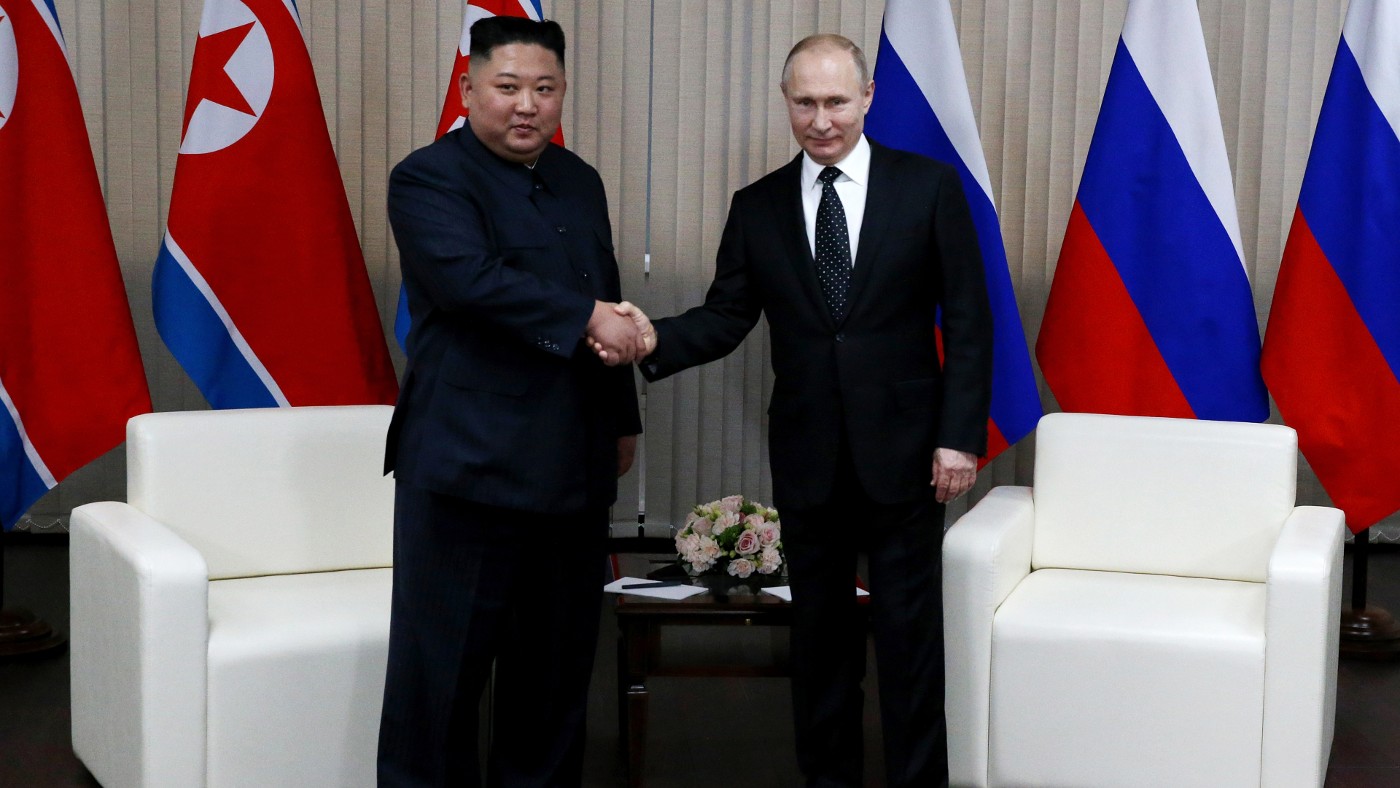 Would North Korean weapons tilt the war Russia’s way?
Would North Korean weapons tilt the war Russia’s way?Today's Big Question Putin wants to boost ‘depleted stocks’ but Pyongyang’s arms may be in poor condition
-
 Nobody seems surprised Wagner's Prigozhin died under suspicious circumstances
Nobody seems surprised Wagner's Prigozhin died under suspicious circumstancesSpeed Read
-
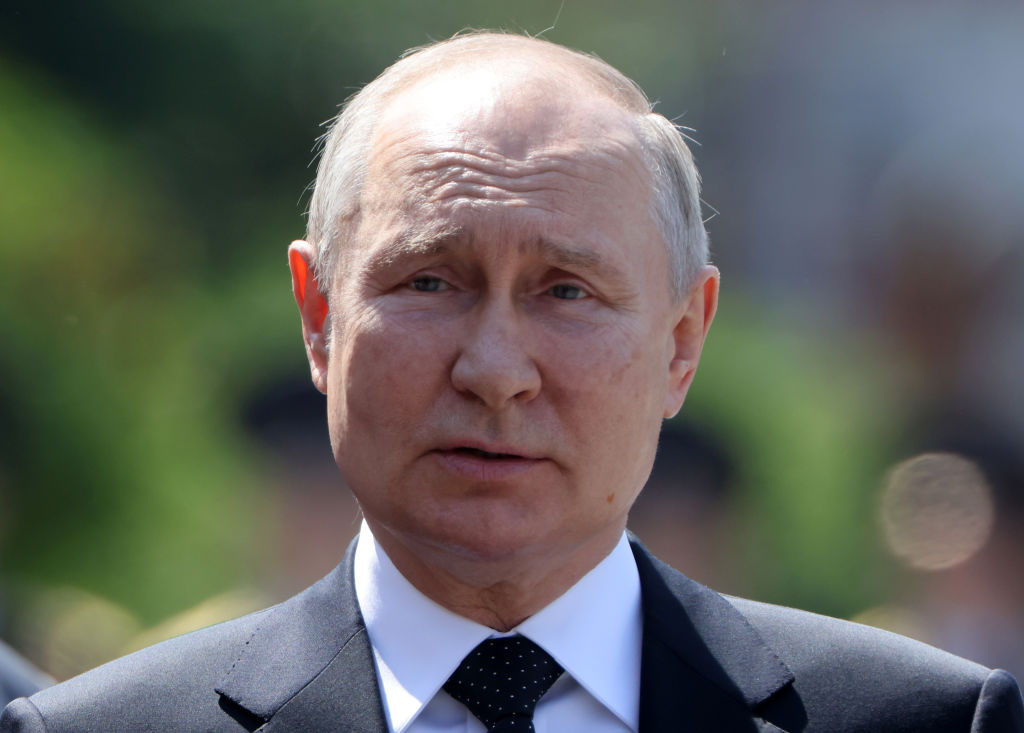 Putin's grip on power apparently damaged after Wagner mutiny
Putin's grip on power apparently damaged after Wagner mutinySpeed Read
-
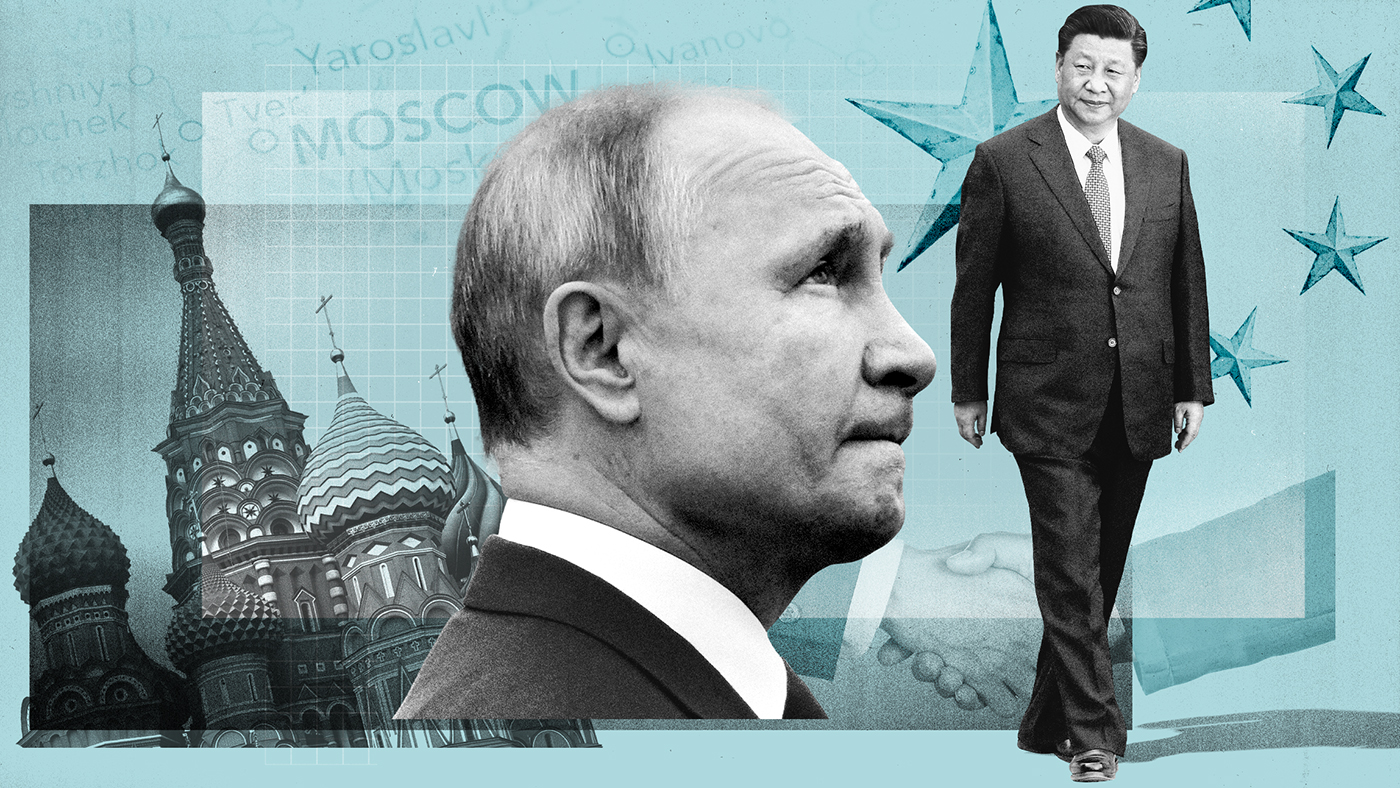 Is Russia a Chinese 'client state'?
Is Russia a Chinese 'client state'?Today's Big Question Reading between the lines of Xi and Putin's Moscow summit
-
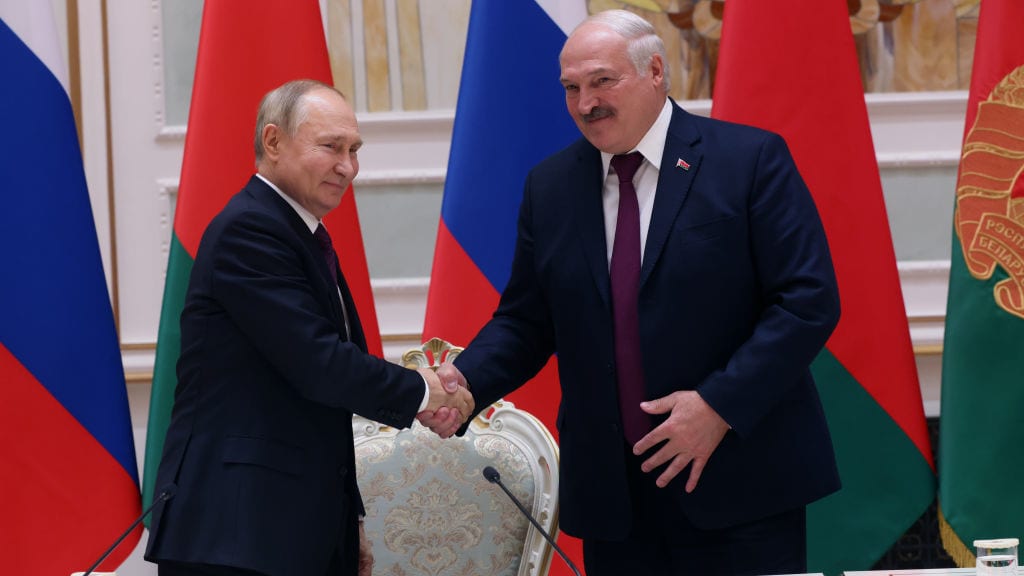 Putin, Lukashenko meet as Ukraine fears Moscow could launch offensive from Belarus
Putin, Lukashenko meet as Ukraine fears Moscow could launch offensive from BelarusSpeed Read
-
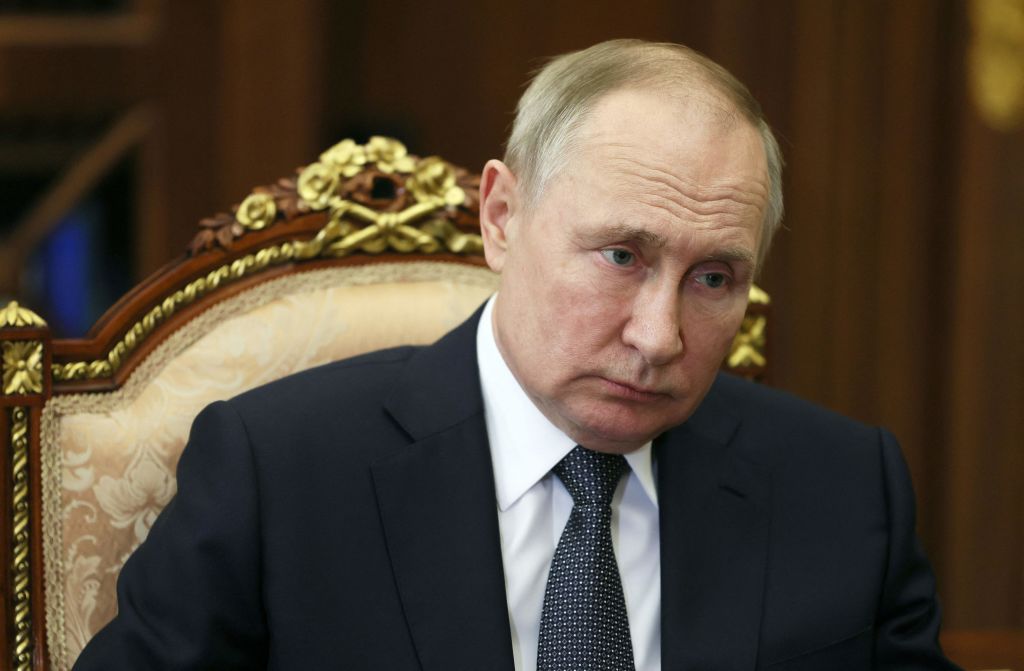 Vladimir Putin will skip annual year-end press conference for 1st time in a decade amid Ukraine setbacks
Vladimir Putin will skip annual year-end press conference for 1st time in a decade amid Ukraine setbacksSpeed Read
-
 ‘It’s all gravy in Deppland’
‘It’s all gravy in Deppland’Instant Opinion Your digest of analysis from the British and international press
-
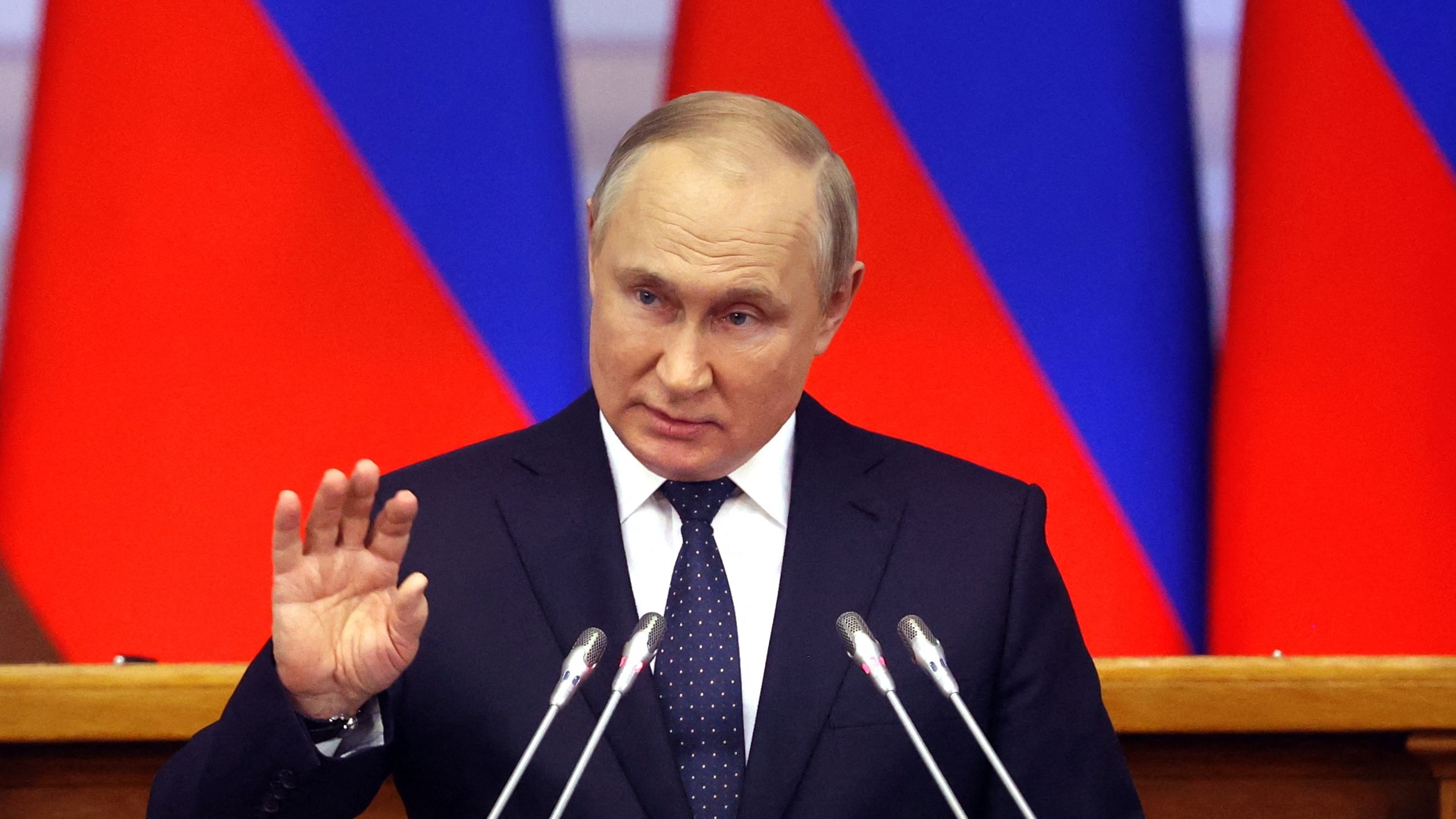 ‘Negotiation with Putin would be a moral disaster’
‘Negotiation with Putin would be a moral disaster’Instant Opinion Your digest of analysis from the British and international press